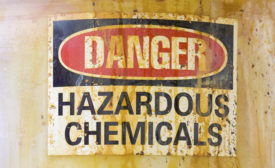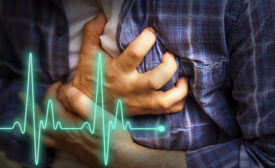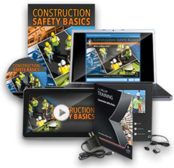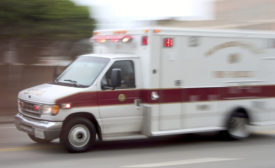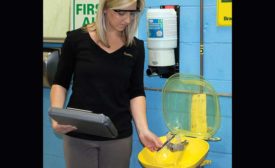From the NIOSH Director’s Desk
Home » emergency
Articles Tagged with ''emergency''
Five ways to prepare eyewashes & showers for an emergency
All-access evaluation
June 1, 2017
Become a Leader in Safety Culture
Build your knowledge with ISHN, covering key safety, health and industrial hygiene news, products, and trends.
JOIN TODAYCopyright ©2024. All Rights Reserved BNP Media.
Design, CMS, Hosting & Web Development :: ePublishing

